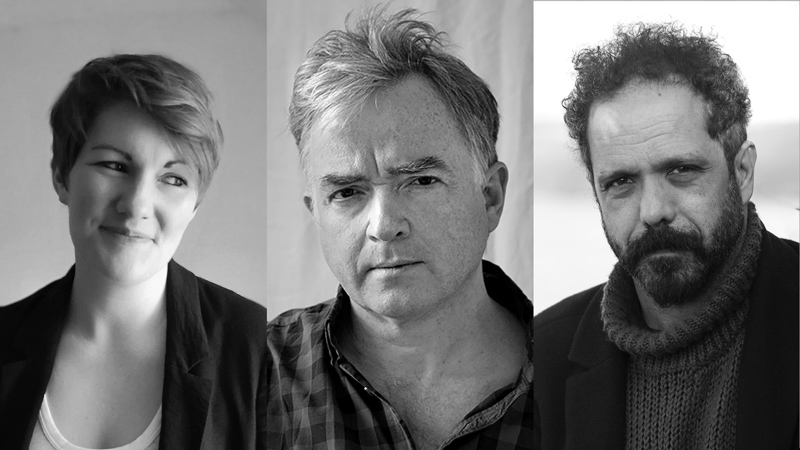
The T. S. Eliot Foundation is delighted to announce the judges for the 2021 Prize. The panel will be chaired by Glyn Maxwell, alongside Caroline Bird and Zaffar Kunial.
The 2021 judging panel will be looking for the best new poetry collection written in English and published in 2021. The prize is unique in that entrants are judged by their peers; the panel always consists of established poets.
Glyn Maxwell said:
A prize named for T. S. Eliot already has a great responsibility to bear, for he is uniquely placed in the story of English-language poetry. Eliot was both a master of authoritative tradition and at the same time a daring adventurer at the leading edge of what poetry can be, how it can change as the world changes. What do the finest old poems and the most enthralling new poems have in common? They are unforgettable encounters. As Eliot implied, they enter the stream of tradition and may change its course. I am delighted and honoured to chair a panel featuring Caroline Bird and Zaffir Kunial, two of the finest young poets in the language now. We look forward to stepping out into the beautiful storm.
The call for submissions will go out in late June, with the submission window closing at the end of July.
The 2021 T. S. Eliot Prize Shortlist Readings will take place on Sunday 9 January 2022 at Southbank Centre’s Royal Festival Hall. The shortlist readings are the largest annual poetry event in the UK.
The winner of the 2021 Prize will be announced at the Award Ceremony on Monday 10 January 2022. The T. S. Eliot Prize is the most valuable prize in British poetry – the winning poet will receive a cheque for £25,000 and the shortlisted poets will be presented with cheques for £1,500.
Last year’s winner was Bhanu Kapil’s How to Wash a Heart and the judges were Lavinia Greenlaw (chair), Mona Arshi and Andrew McMillan.




